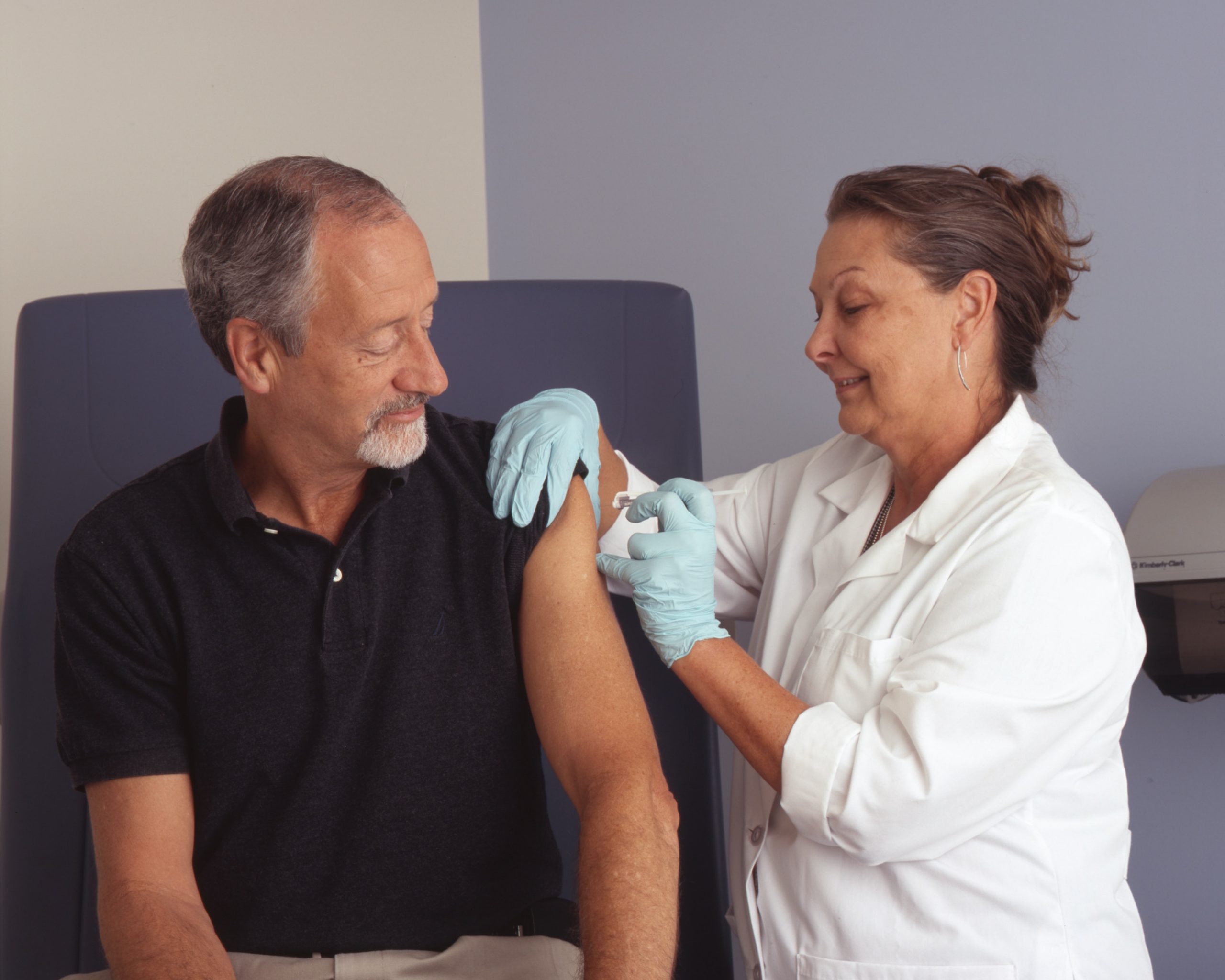With the passing of National Men’s Health Week in June, it is important to remember the complexities in the health of men. Statistics have shown that the average man lives a shorter lifespan than the average woman, partly due to their lifestyle, and partly because of the specific complications in men’s health.
The key to better health is prevention
Living a good and healthy lifestyle should go without saying, but good health is dependent on more than that. In this day and age, it is important to keep up-to-date with preventive healthcare vaccinations and immunizations, like the annual shot. The tetanus-diptheria booster should also be taken every ten years, and the shingles and herpes zoster series once after the age of 50.
Couple these with regular screenings with your doctor and you have a recipe for a long and healthy life.
Annual check-ups and regular screenings are important preventative health measures, and seeing the same physician over the course of a patient’s life can be a good way to establish a medical history with a single professional. Having a clinician know the various nuances related to your health can improve a patient’s quality of life greatly.
Dealing with cancer in men
Over 230,000 people are diagnosed with prostate cancer every year. It is estimated that one in nine men will be diagnosed with prostate cancer during their lifetime. The American Cancer Society recommends that people born with prostates get regular screenings, which include the Prostate-Specific Antigen (PSA) blood test, and digital rectal examinations (DREs).
An estimated 147,950 adults are diagnosed with colorectal cancer every year, with over half of these occurring in men. Discovered early, colorectal cancer is easily treated, but the chances of contracting it are increased in men over the age of 50 and men with a family history of cancer.
Regular colonoscopies are advised for men 50 years or older, and 45 years or older if a first-degree relative has been diagnosed with colorectal cancer. Thereafter, it would be good to schedule a colonoscopy every 5–10 years.
Heart disease in men
Coronary heart disease (CHD), in which the arterial walls near the heart begin to harden, is a critical threat to men’s health. The risk of CHD is increased by a number of conditions including but not limited to high blood pressure, high cholesterol, and diabetes.
CHD is preventable by having a proper diet and exercise regimen, as well as getting regular screenings for blood pressure, blood sugar, and cholesterol levels.
The majority of heart conditions are actually experienced by men, with it being the leading cause of death in males. It is important that a healthy lifestyle is developed at an early age to prevent the onset of heart disease later in life.
Other health concerns
Eyesight generally begins to degrade at an accelerated rate once people reach a certain age. From the age of 40 onwards, it’s good to keep regular screenings with an ophthalmologist to observe for signs of debilitating eyesight conditions like cataracts.
Men are also prone to osteoporosis from the ages of 50 to 70 and should express their concerns about this condition to their physicians.
Conclusion
While getting sick is an inevitable part of life, it is important not to neglect one’s health. With a proper diet, frequent exercise, and regular visits to the doctor, there is no doubt that one can live a long and healthy life with little to no major health problems.
For more information about men’s health, check out our wealth of resources at Dose of Healthcare. Our experts have the information you need to stay healthy.


















